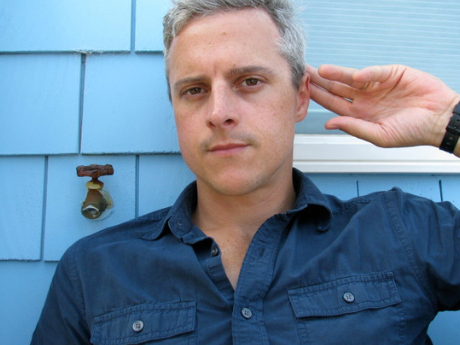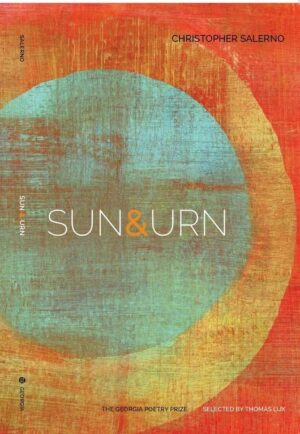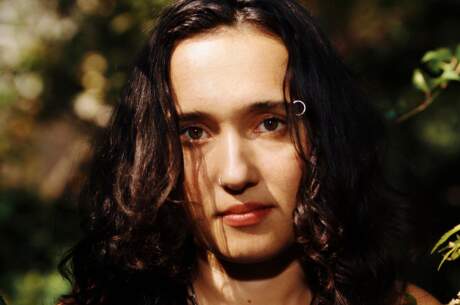In Their Own Words
Christopher Salerno on “Two Red Aspirin”

Two Red Aspirin
You can have the opposite
of amnesia
and what
that is
is grief.
You start a day
with the perfect wound.
If art
is true
you have no food.
No appetite. This
is difficult—
the sad heart wants
to constellate
or marry white
all winter. The cold metal
core not the least
bit shining.
Until a daffodil
blooms just below
the scalp—
we put our grief, its infinity
down. Finally
hungry, we park
behind the diner
like rats.
From Sun & Urn (University of Georgia Press, 2017). All rights reserved. Reprinted with the permission of the author.
On "Two Red Aspirin"
In 2012 my father went to a KISS concert and, I suspect, that is what killed him. No, it wasn't the band that killed him, or Gene Simmons, or the blisteringly loud music coming through that wall of Marshall "stacks" sitting behind the band on stage. It was the drive to the concert.
My dad had more friends than I do, a lot of them from childhood. To my mind they were a group of beautiful bozos, loyal-as-hell addicts, guys who sometimes lived in panel vans, guys with whom he went to the horse track on weekends, guys who were always crashing on his couch in the big yellow house he bought when he retired to live near the beach. Bachelor as he always was, he lived to hang with these guys. He texted me a photo of himself in a KISS mask before they took off for the show. My guess is that they had a hell of a time.
During the hour-long car ride to the Meadowlands my father sat cramped in the backseat of a crowded car full of his friends. That's when he got the blood clot that, several days later, unbeknownst to anyone, would travel to his heart and shut it down.
My dad was 62 when he went to sleep one night and never woke up. The sudden ending of his life was the most shocking thing that has ever happened in my life. And so grief and so poetry and so my new book, "Sun & Urn," which really, in the end, casts a wide net for a number of other matters of grief.
"Two Red Aspirin" is a poem which attempts to capture a day in the life of the grieving person, which, as you know, differs for everyone and cannot be defined. But it's a process that begins with the news of the death and continues through the clinical stages. When, on that morning, my brother called to tell me that his wife had tried to wake up my dad and found him dead in his bed, he first asked me if I was sitting down. I was. But then, like a flag with two heights, I raised myself up. Then I sat down again. I didn't know where to be or how to be in my body. Then I went in the living room and sat on the ground and wept.
We all know what happens next, logistically, with the wake, the funeral, the burial or cremation, and then there's the getting back to one's regular life as best as can be expected. For at least a week you have no food in the house and you aren't hungry and you don't care what you eat and none of it matters. But then there's the first little moment where you START to come back, start to get an appetite. It's like spotting the first daffodil of a season. Something begins to shift and you realize you are starving. And as you still have no food in the house you drag yourself somewhere easy and greasy. That's what this poem is attempting to capture.



